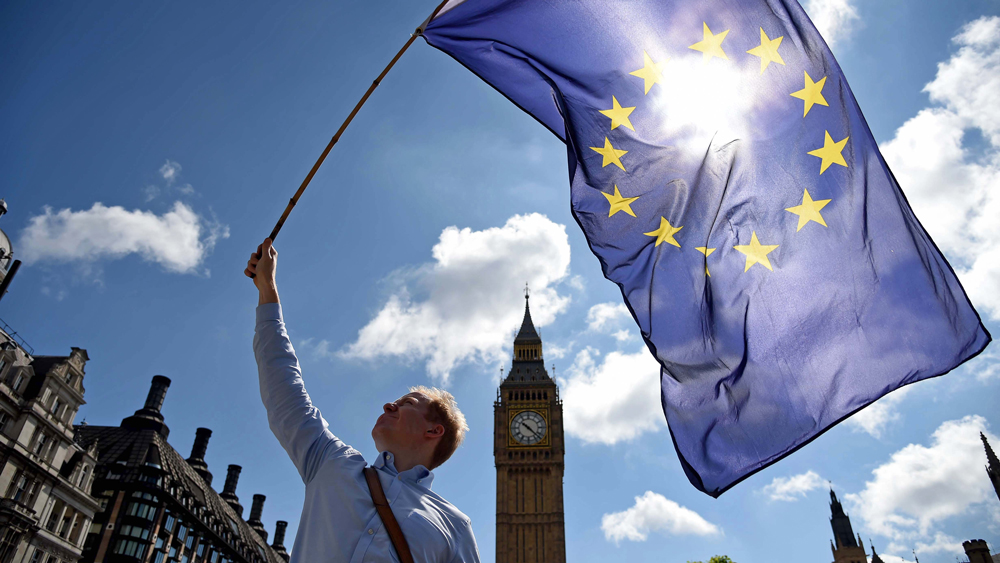Broadcasters Demand More Clarity From U.K. Government’s Brexit Blueprint
By Stewart Clarke
LOS ANGELES (Variety.com) – The British government has outlined its hoped-for relationship with the European Union after Brexit in a blueprint that it calls bold and ambitious but that TV broadcasters and channel operators say lacks clarity.
The U.K. is a major hub for channels, with more than 600 using a license from British media regulator Ofcom that, at present, is applicable to the rest of the EU. But the issue for channel operators is whether these licenses will be recognized outside Britain after the country officially withdraws from the 28-nation trading bloc.
A section of the government’s white paper, which was published Thursday, specifically addresses broadcasting. “The audiovisual sector is both economically and culturally important to the U.K. and the EU,” it said. “The U.K.’s creative hub contributes significantly to the development of products that are much in demand by European consumers.”
It added that the “U.K. is seeking the best possible arrangements for this sector,” but gave no further details.
The Commercial Broadcasters Assn. said the document “offers little clarity for the U.K.’s £1 billion ($1.32 billion) international broadcasting sector.” While European negotiations often go down to the wire, the organization warned that broadcasters need months to organize contingency plans.
“We remain deeply concerned that broadcasters will have to reluctantly start restructuring within the next few months, and possibly within weeks for some companies,” Adam Minns, the association’s executive director, said in a statement.
The Creative Industries Federation, an association that spans the U.K.’s creative sectors from film and TV to fashion, called for a stronger commitment from the U.K. government on broadcasting.
Some channel operators, including Vice and Viacom, have already moved their European channels out of the U.K., although the latter said it was not because of Brexit. Others such as Discovery and Turner are also considering moving their channels.
Prime Minister Theresa May gave a key speech earlier this year in which she said options including a system of mutual recognition should be explored. This be tantamount to the status quo, with Britain subscribing to the EU’s directive on Audiovisual Media Services.
“In concrete terms, [the white paper] doesn’t really take us beyond what the PM said in March,” said John Enser, a partner at CMS Cameron McKenna Nabarro Olswang. “Despite the fine words, the prospects of some future AVMS-style mutual recognition are not currently great outside of a bigger shift in Brexit policy, such as a change of government or new referendum.”

